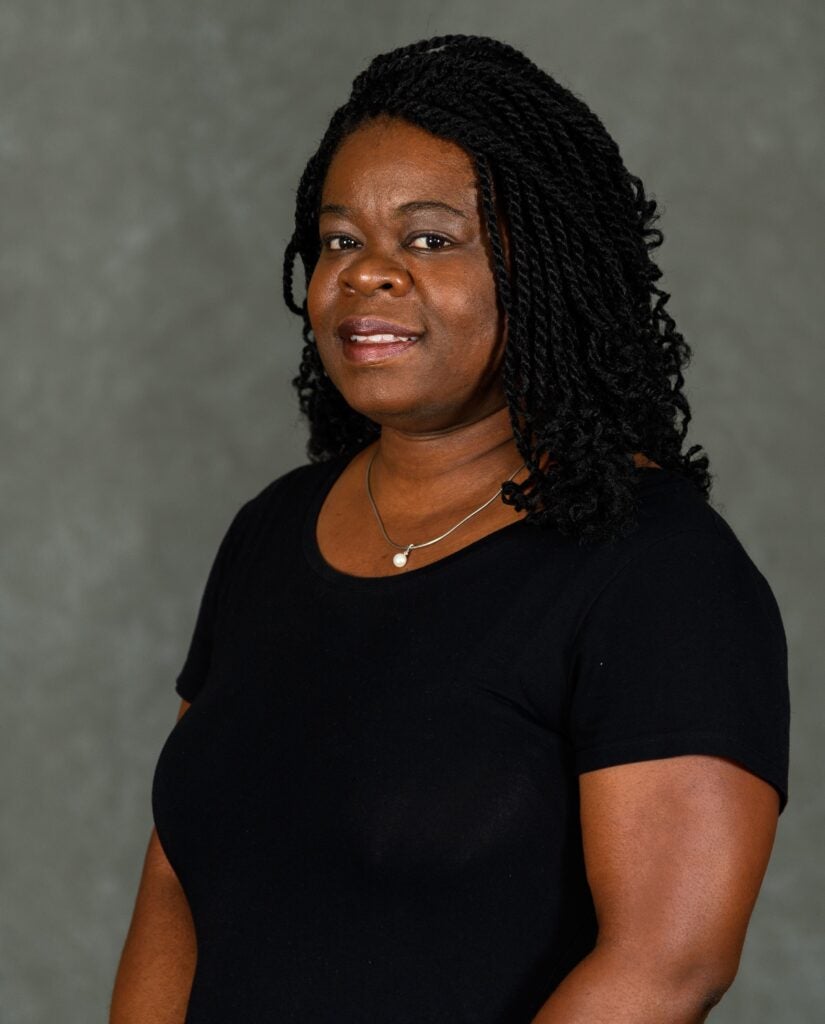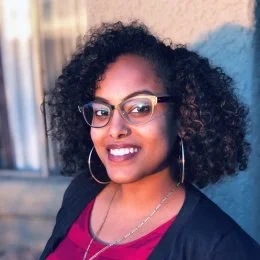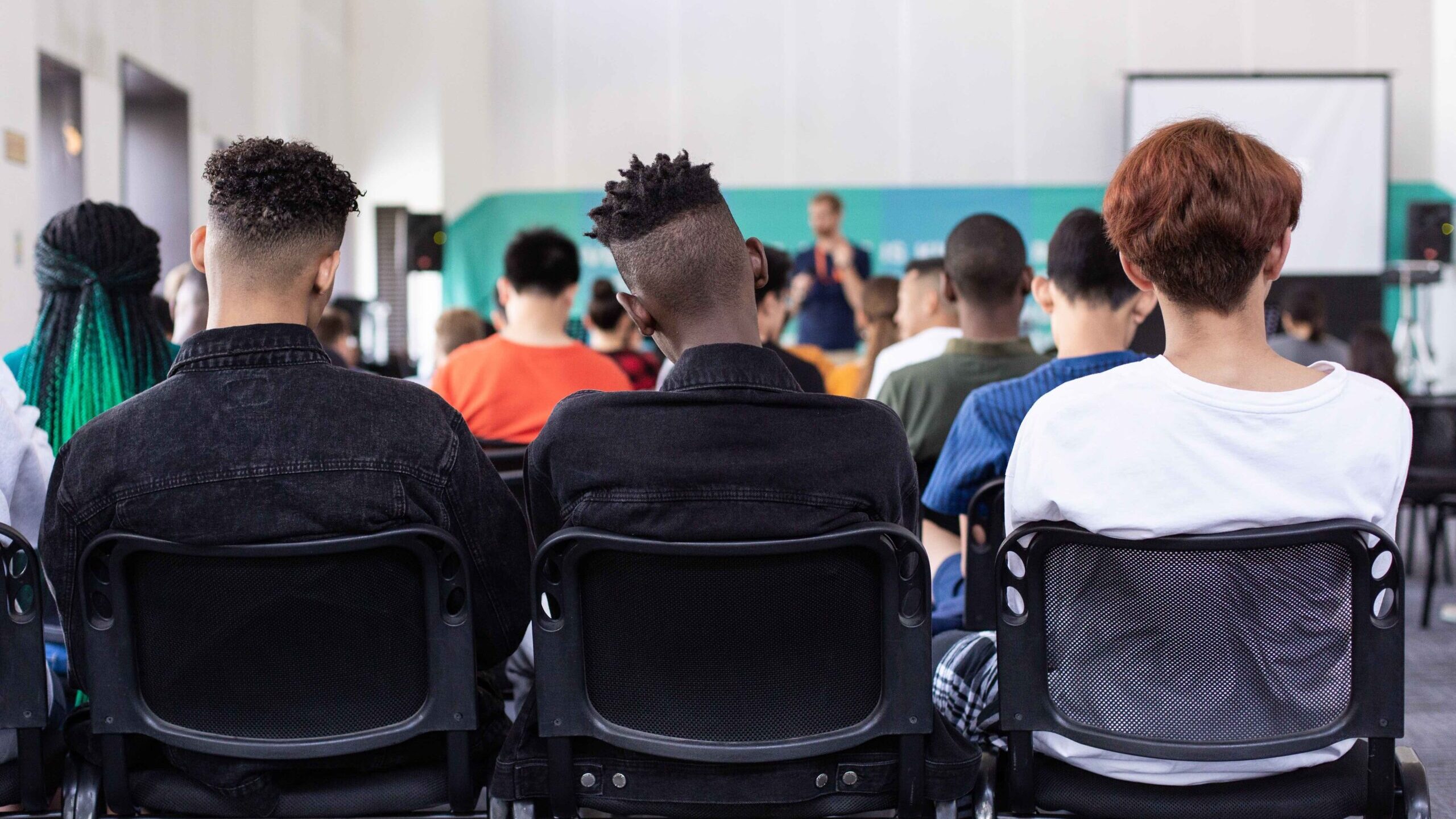Education, Inquiry, and Justice Program Packs Calendar for Spring Semester
This semester, the Education, Inquiry, and Justice Program (EDIJ) is planning a wide array of events for students interested in the study of education. Housed in Georgetown University’s College of Arts & Sciences, EDIJ embraces an explicit focus on the nexus of education and justice through an interdisciplinary approach to academic inquiry, which is the heart of a liberal arts education.
“The Education, Inquiry, and Justice Program enables students to examine education as a critical means to promote social justice and individual well-being,” said Heidi Elmendorf, an associate professor in the Department of Biology and co-director of the EDIJ.
The EDIJ minor asks undergraduate students to think critically about how public education in the United States can both perpetuate inequity and be used as a tool for transformative justice.
“Through EDIJ, critical engagement with the history, purpose and potential of education in this country can have a profound impact on how students envision their role as Hoyas for others and operationalize their commitment to the common good,” said Sabrina Wesley-Nero, a teaching professor in and co-director of the Education, Inquiry, and Justice Program.

Sabrina Wesley-Nero
Events on the Horizon
This semester, the EDIJ is hosting several events that are open to the wider Georgetown community, including a session entitled Transforming the Teaching Profession: Post-Pandemic Innovation with Andrew Pratt, a director of program at CityBridge.
“EDIJ seeks to provide students with opportunities to learn about new initiatives designed to transform education such as our engagement with CityBridge. Students can engage in solutions-oriented thinking and ignite their justice imagination,” said Wesley-Nero
CityBridge is a Washington-based nonprofit that “incubates the people, ideas, and conversations needed for equity-driven innovation in DC public schools.” CityBridge works through a range of avenues, bringing together educational stakeholders in the city to deliver value for all students, regardless of race or income.
Partnerships with organizations like CityBridge are at the heart of growing the EDIJ, according to Wesley-Nero. Expanding relationships with the nonprofits working to improve public education in the district will empower students to put their studies into practice, both observing and partaking in education as action.
Through the Education and Equity Speaker Series that EDIJ co-hosts with the Master of Arts in Educational Transformation, Lauren Leigh Kelly, an assistant professor at Rutgers University, and Kongji Qin, an assistant professor at New York University, will share their work in a session entitled ‘Youth-Lead Research for Educational and Social Change’ on Friday, February 17.
Each year EDIJ also celebrates its graduates, many of whom pursue post-secondary opportunities in education. Some EDIJ graduates work in schools, nonprofit organizations and policy organizations. Others pursue graduation in the field of education in programs such as Georgetown’s Master of Arts in Educational Transformation. While others commit to working toward educational justices avocationally embodying Georgetown’s Jesuit principles. In May, the EDIJ is hosting a celebration of seniors and alumni currently working in education.

Nardos Ghebreab (C’12)
New Faculty, New Students
This academic year, EDIJ welcomed Nardos Ghebreab (C’12), Ph.D., back to campus as an assistant teaching professor to the program. Ghebreab will expand EDIJ’s course offerings and build out EDIJ’s partnership with the Capitol Applied Learning Lab downtown.
Ghebreab is a scholar of racial equity in education, who roots her research in interrogating ways education policies and practices shape racialized experiences for Black students, teachers and families. She worked in education and education policy after graduating from Georgetown before earning her Ph.D. at the University of Maryland, College Park.
Instead of submitting an application, undergraduate students across the university can now declare their intention to pursue the EDIJ minor through a process similar to how students declare a major. The declaration of interest form for EDIJ will be open for freshmen and sophomores annually for the month of March on the program’s website. The minor requires 6 courses in different disciplines and is anchored in community-based learning through partnerships with local public schools and education advocacy organizations.
More information on the minor can be found here. Interested students can reach out at edij@georgetown.edu.
